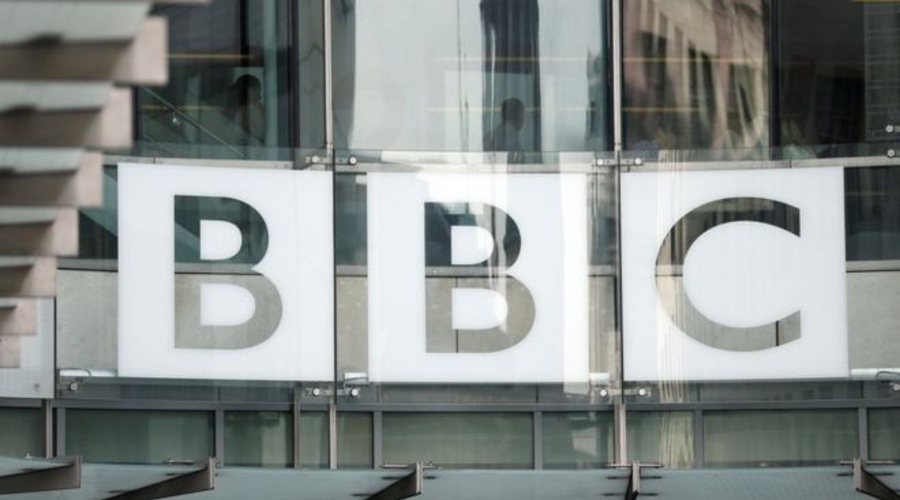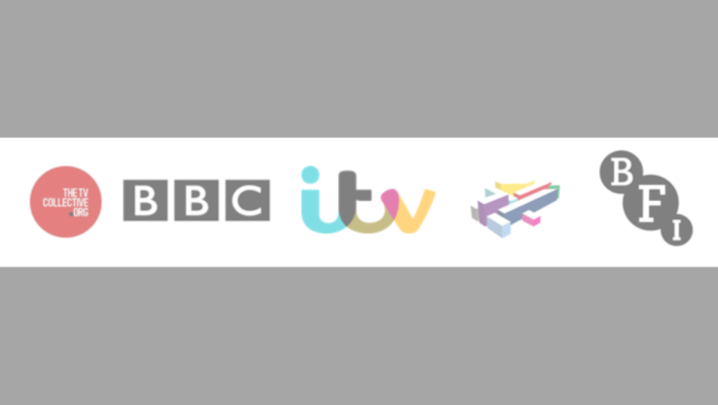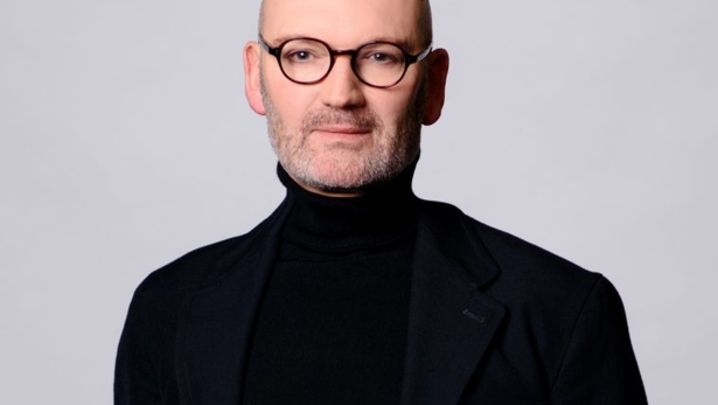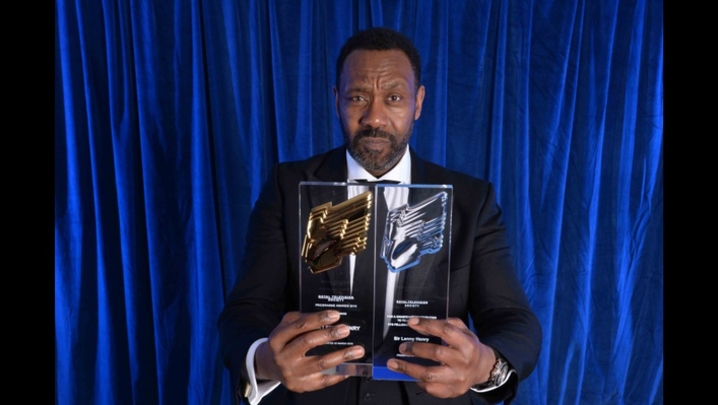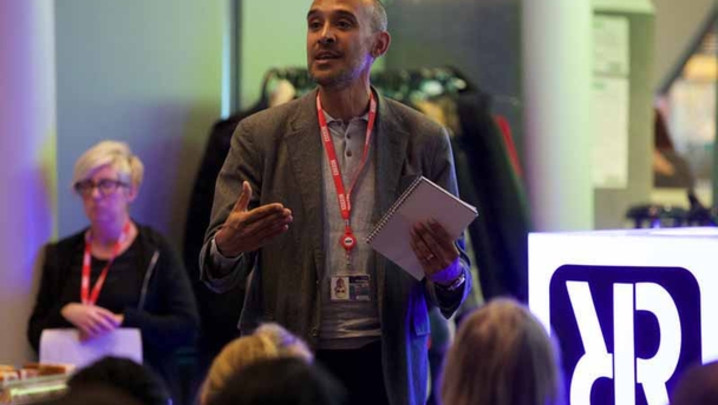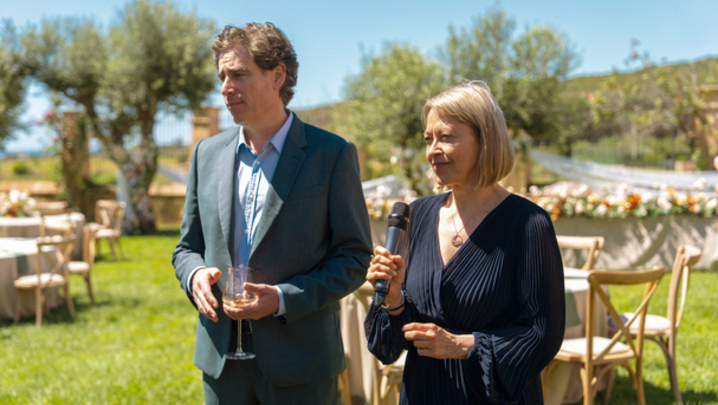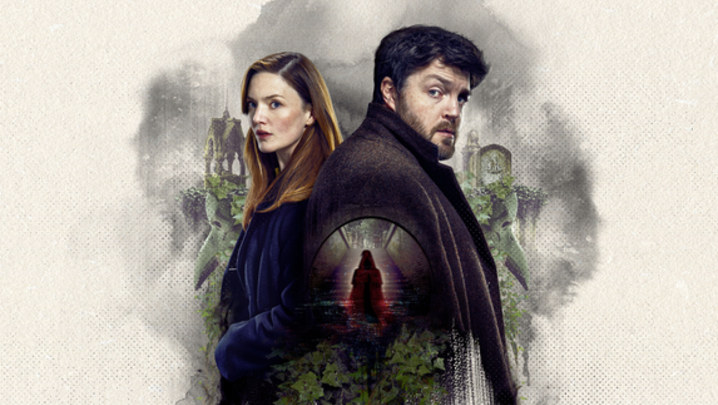The BBC is launching a corporate-wide campaign to create greater diversity among its staff both on and off the screen.
Targets of the campaign include increasing on screen representation of the LGBT community and reserving more internship placements for disabled people.
The aim is to set new standards for the television industry and better reflect the diversity represented in the general British public.
“The BBC has a breadth and scale that is unique in the UK’s media, and that means what we do has real impact," said Director-General, Tony Hall.
"So I want us to make sure we are leading by example, working with and learning from others in the industry, and using our influence to bring about real change.”
Furthermore, the BBC pledges to make sure 50 per cent of its workforce are women by the year 2020. Currently, the corporation's staff is 48.8 per cent female and women make up 41.2 per cent of senior management roles.
To enforce their aims, the broadcaster has implemented a name-blind policy on applications for their graduate and apprenticeship schemes.
Candidates names and the name of their university are removed from application forms to prevent unconscious bias against people from ethnic minority backgrounds. The policy will soon be applied to other core jobs as well.
Diversity & inclusion at the BBC - here's what we've achieved so far https://t.co/upMGpknjOs #BBCDiversity pic.twitter.com/6XljycjANW
— BBC Press Office (@bbcpress) April 28, 2016

